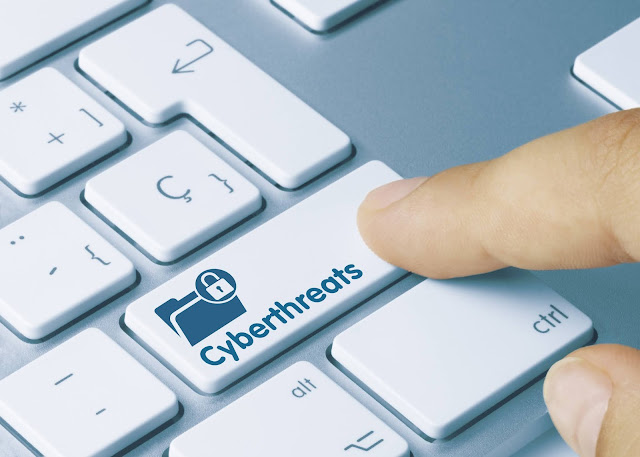No matter how useful and entertaining the digital world can be, there’s no denying that it’s fraught with dangers, too. Users from the world over have reported being victims of scams, phishing, identity, and credit card theft, among other fraudulent activities.
It’s all the more worrying if you have a business to run. Because you’re not the only one who controls internet use, your employees are likely to fall victim to online scammers undetected, harming your business information technology (IT) structure. More than potentially damaging your business hardware and software systems, cyber hackers can and will attempt to do their main thing—to steal your bank records and, eventually, your hard-earned money.
How can you prevent cyber attackers from threatening your business and yourself? We’ve rounded up some tips to augment your cybersecurity.
Hire Cybersecurity Specialists
Install Reliable Antivirus Software and use it Often
Think Before you Click
To get you to enter your pertinent financial and personal data, cybercriminals use fake but legitimate-looking emails to get your bank account details. Here are some tips so don’t become the next victim:
- If you receive one, don’t click any links as they may redirect you to an online form in an attempt to get your data.
- Inspect the message for contact details and signatures and check whether they’re official.
- Check for misspelled words and grammar mistakes. Some websites or links in the message have addressed similar to legitimate sites. If you look closely, though, you’ll see the difference (i.e., wndows.com vs. windows.com).
Some phishing emails threaten you with legal action and will later redirect you to a link to enter your details. Do not click the link. Instead, call the bank or the agency that allegedly sent the message, and ask for confirmation.
Avoid Public WiFi Networks
Set your Office Devices to ‘Forget’ all Public WiFi Networks
Use a VPN for Your Business
Use Script and Ad Blockers on Your Browsers
Think of Hard-to-Guess Passwords
Enable Two-Factor Authentication
Turn your Bluetooth Off
Update your Operating System
Consider using Encrypted Messaging Apps
Conclusion
Scammers have been in existence even before the digital age, making use of other people’s weaknesses to their advantage. The same principle makes cyber attackers prolific, especially in that they can mask their identities while duping internet users with their hard-earned money. By making cybersecurity a priority, your business can remain resilient against these cybercriminals.


